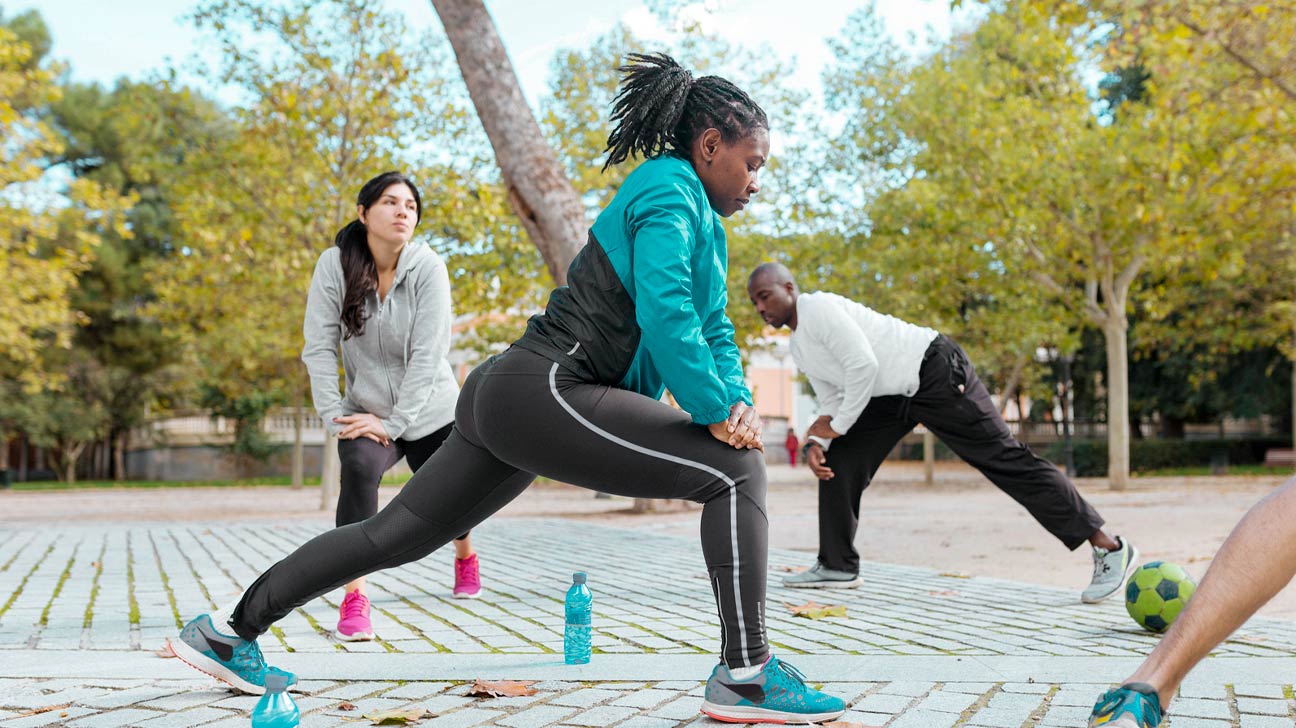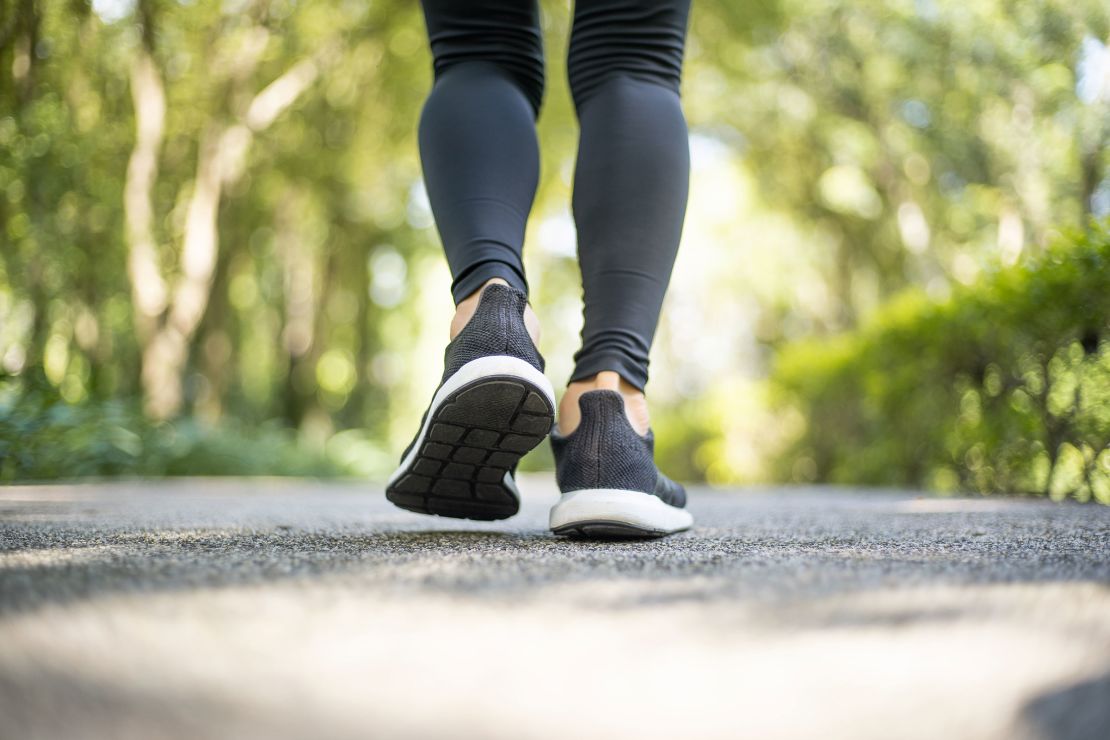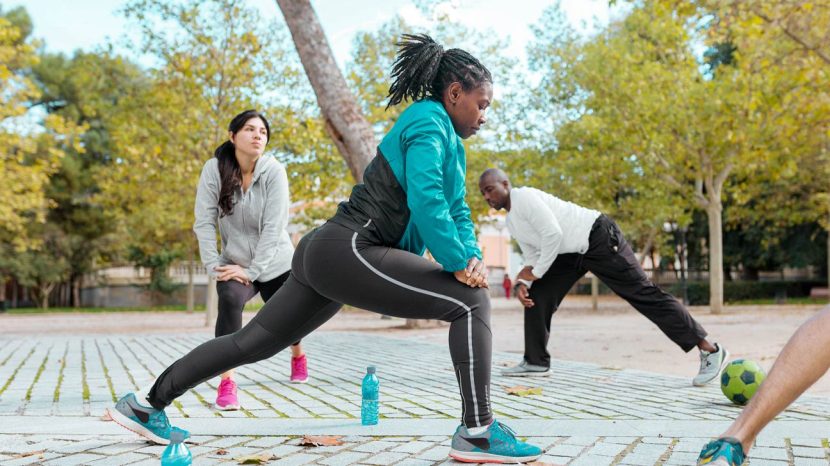When it comes to forming a new routine, it’s important not to make excuses, especially when trying to get steps in during the winter months.
The key is to make movement a regular part of your day, which is why Freeman suggests people engage in any form of exercise, even if it’s incorporating a five-minute walk into your routine.
If you don’t have people in your corner to join you, programs such as Walk With a Doc offer free community walks guided by physicians to create a casual and supportive environment for people to work on their healthy habits together.
Freeman also recommends completing your quick walk — or whatever form of exercise brings you joy — first thing in the morning to start your day with positive movement. And for coffee lovers, Freeman said a walk can energize you just as effectively as one cup of your favorite brew.
Solo exercisers might find personal motivation with an engaging podcast or audiobook as well as a guided meditation to make their walks feel effortless.
Are you ready to do more? Sign up for our LBB Fitness newsletter for more ideas to incorporate movement in 2025. If you need help setting and sustaining your fitness goals, try these tips for building habits.
“You see these people (at the gym) do a couple of reps, chat, take a rest and have a drink,” Freeman said. “You really want to keep going for 20 or 30 minutes straight.”
Psychologically, smaller tasks are easier to achieve, so pushing yourself to take a five-minute daily walk is easier than trying to complete a 35-minute walk once, Milkman said.
Research shows that 11 minutes of moderate-to-vigorous exercise per day may lower your risk of cancer, cardiovascular disease or premature death. Does that sound like too much to start? Even as little as five minutes of walking per day could provide some health benefits, according to Dr. Andrew Freeman, director of cardiovascular prevention and wellness at National Jewish Health in Denver.
“If you get really into a story … you could probably walk an entire park, end up right where you started, and not even know you did it,” Freeman said.
It’s important to remember that the smaller the commitment, the more likely you are to follow through, Milkman said. As you add more to your routine, start slow and think about where you might be able to squeeze some quick yet beneficial movements into your practice.
While the holiday season is over, walking is also a good way to decompress from family gatherings and celebration stressors.
“If (people) can keep this (routine) up for usually two to three weeks, it becomes a habit (they) want to keep doing,” Freeman said.
Even with a five-minute walk, the most important part of any fitness goal, according to Freeman, is finding time to weave it into your daily routine, which is why it’s important to start small and focus on simplicity.
For some, doing so might be as basic as parking farther away when heading to the gym or mall to increase your step count. If you’re in a parking garage, it can also be a good idea to take the stairs to increase your heart rate, Freeman said.
















